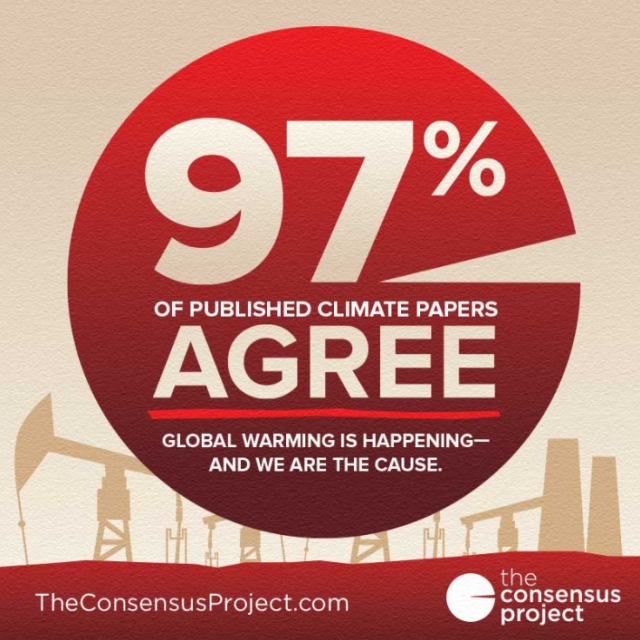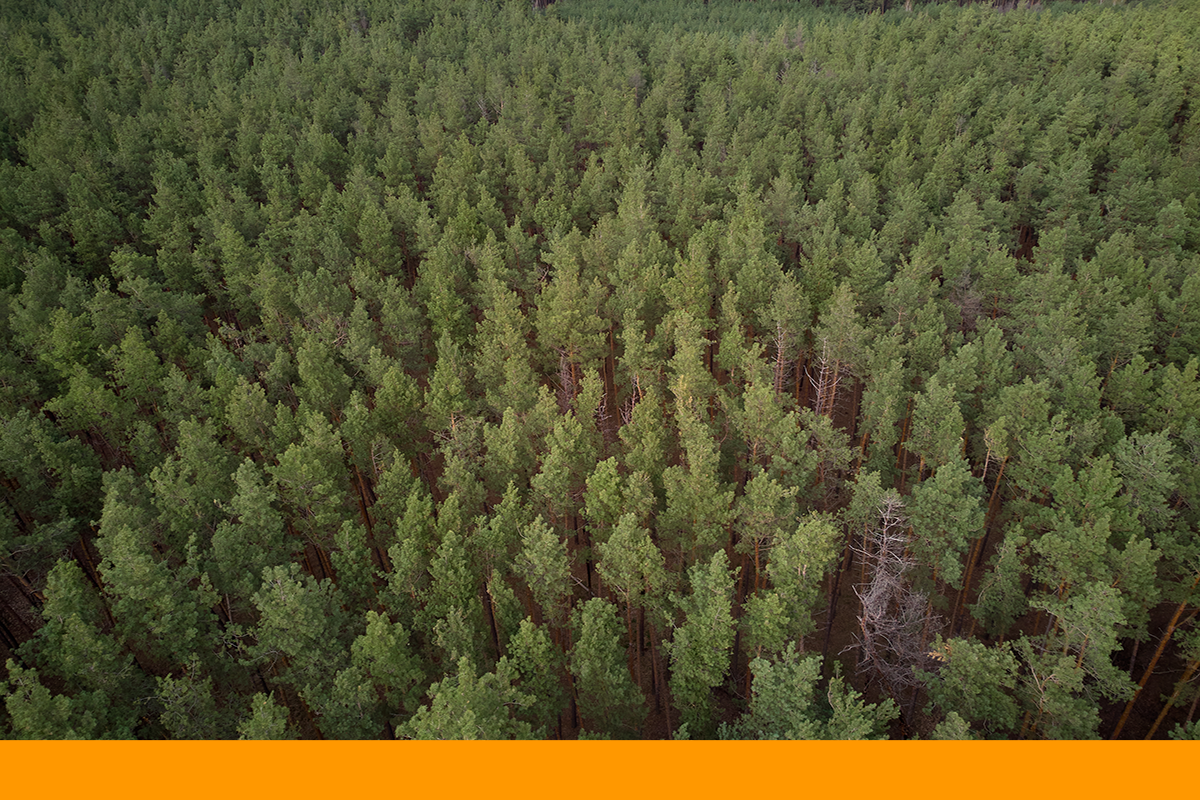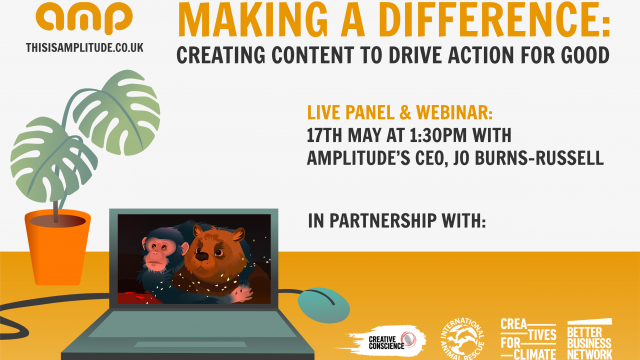Climate Change: It’s time to act
Climate change. We’re not going to sugarcoat it; things are looking dire right now and we’re a bit angry. The IPCC report from earlier this year was not pleasant reading, and with COP26 happening in Glasgow at the time of writing, it would be irresponsible of us not to talk about what’s going on: The world is getting hotter as a result of human activity, and we’re not doing enough to combat it.
Now, over the last week, there have been thousands of blogs published talking about the latest stats and figures, so we’re not going to do that. If you want to read the IPCC report from earlier this year, you can do so here. If you want a summary of its core findings, you can read one here. If you want an overview of COP26, here you go. That’s all useful stuff, but it’s not why we’re writing today. No, what we’re going to do is dismantle some of the common excuses for climate apathy.
The reason these excuses are so pervasive is that there are elements of truth to a lot of them, but once you look beneath the surface you’ll find little substance. If you’ve used any of these excuses in the past, hopefully this will change your mind. And if you’re confronted with these excuses in the future, here’s some ammunition.
And just before we jump in, you might be wondering why all this is coming from a creative agency? Fair question. We’re passionate about the environment and don’t want to see the world get worse. We have to live in it, our kids have to live in it, and we believe everyone has a responsibility here. We owe it to future generations. Are we, Amplitude, the foremost environmental scientists the world has to offer? Not a freaking chance. Do we care enough to read beyond the headlines to the meat of the issue? You’re damn right we do.
Buckle up. Let’s go.
“But other countries (e.g. China) contribute more CO2 than we do”
You’re right. There are other countries that contribute more CO2 to the atmosphere than we do here in the UK, and the UK doesn’t even feature in the top 10 world polluters. Part of that is down to population size (there are far more people in a country like China, for example), and part is down to some countries using dirtier energies and industrial practices. But there are a few things I want to note here:
Firstly, per person per year, China emits only 2.4 tons more carbon dioxide than the UK. So, while the Chinese government has a far bigger battle ahead than the UK government does, the actions of individuals in the UK and China theoretically have similar impacts on climate. Our choices can make a difference.

https://www.reuseabox.co.uk/3-rs-waste-management/
And secondly, another country contributing more CO2 than we do isn’t an excuse to do nothing. Instead of using the actions of other countries to justify our own apathy, we should be seeking to set an example and popularise green technologies that can be rolled out across the planet.
“If the Earth is warming up, why have we had such cold winters?”
Climate and weather are two different things. “Weather” means change in atmospheric conditions from day to day, week to week, while “climate” refers to long-term atmospheric changes. We’re talking years, decades, and centuries.
It’s true that we’ve had record-breaking low temperatures in recent winters, but it’s also true that we’ve had record-breaking highs in summer. And all of this is predicted by climate change.
An increase in overall global temperature creates greater fluctuation in day-to-day, season-to-season weather, hence the extremes we’ve been experiencing in recent summers and winters. Looking longer-term, the overall trend is up.
Which brings us nicely onto the next excuse…
“Climate change is just part of the Earth’s natural cycle”
Over the millions of years of Earth’s history we’ve been able to analyse, it’s true that there have been massive temperature changes. We have extreme, long-term temperature drops (Ice Ages), followed by shorter periods of interglacial temperatures. These Ice Ages happen roughly every 100,000 years, and have done for the last 4 million years.
Now, it makes logical sense that coming out of an Ice Age there would be periods when global temperatures are rising rapidly. So, maybe what we’re experiencing is just the Earth heating up as it naturally would?
Except that we’re not coming out of an Ice Age. We’re meant to be heading back towards one. The next Ice Age is predicted to begin in around 50,000 years… or it would be, but current estimates suggest that date could have been pushed back to something like 500,000 years by human-caused climate change.

https://askabiologist.asu.edu/natural-climate-cycles
And then there’s this other bit of evidence: the temperature increase we’re currently experiencing is occurring far faster than would be the case if this was part of the Earth’s natural cycle. It’s estimated that over the last 10,000 years, Earth’s temperature has risen by between 3 and 8 degrees Celsius, but current climate predictions suggest a 1.5 degree rise by 2050. That 1.5 degrees represents a far faster rise than is natural for our planet. Between 37 and 100 times faster.
One final thing before we get to our next excuse: the beginning of Earth’s rapid temperature increase coincides with the industrial revolution, which is when us filthy apes began belching copious amounts of pollutants into the sky. Given the length of Earth’s history, the odds of a rapid temperature increase randomly coinciding with the industrial revolution are incredibly slim. Like, ludicrously small.
“The population increasing is the real problem”
The Earth’s population has exploded in recent decades. People are living longer, and there are more people alive today than have ever died (let that sink in!). Doing some simple maths, if we – as a species – drop our emissions by 50% but the global population increases by 100%, the amount of CO2 emitted won’t change and nothing will improve. Right?
Well, the simple maths checks out, but simple maths isn’t enough here.
Birth rates and figures for children produced per adult vary wildly all around the world. While many countries are experiencing increasing rates of population growth, here in the UK (and in many other Western nations) population growth is slowing. Both birth rate and children per person are dropping in the UK.
Studies have shown that more women in education and in positions of responsibility results in lower birth rates, so it’s to be expected that as opportunities for women open up around the world, birth rates elsewhere will begin to plateau too. It’s predicted that global population will plateau somewhere between 2050 and 2100. The changes made to emissions now will pay dividends when global birth rates begin to slow.

https://ourworldindata.org/world-population-growth
So you see, it’s not quite as simple as “birth rates are going up”. We need to look not just at the global trend, but what’s influencing it, and where it might go in future. And, even if it wasn’t the case that global birth rates are set to plateau and drop, us doing nothing about global warming would still be a bad choice. Things would just get worse faster.
And, rather than pointing the finger at those nations with rapidly growing populations and telling them to have fewer children, let’s instead help them grow sustainably.
“Climate change isn’t real”
The argument here tends to be that the scientific consensus on climate change is wrong. People reach this conclusion through a number of avenues, with some refusing to believe or listen to the science, others believing in bad science (more on that in a moment), and others ignoring science altogether because they – or their favourite celebrity or politician – say they know better.
But, unfortunately for all of us, the scientific consensus is right.
How do we know this? Well, scientific consensus means that most of the world’s specialists on a given subject agree on something, but it’s not like they all go into the same room to decide what opinion to hold. The consensus on climate change has been a long time in the making.
Over many decades, scientists across the world have been investigating different aspects of climate, conducting independent research, and evaluating each other’s findings for accuracy, inconsistency, and error. Over time, this growing base of climate research has led the overwhelming majority of climate scientists to the same opinion: that Earth is heating up due to human activity, and a continuing rise in global temperatures will have catastrophic effects.
Now, I mentioned ‘bad science’ earlier, and there may be some readers thinking “yeah, but what if the consensus is based on bad science?” Well, that’s why scientific journals are peer reviewed before publication. Scientists check the work of other scientists, pointing out logical fallacies or poor scientific methodology. It’s from this quality-checked data the consensus is drawn.
We often see people hold up the work of lone scientists as a method of debunking climate change, but in many cases the work of these scientists hasn’t been peer reviewed, or is rife with inconsistencies.

https://www.bu.edu/ise/2018/11/13/the-scientific-consensus-on-climate-change/
“It’s a conspiracy/hoax”
Whenever you suspect a conspiracy or a hoax, you should ask yourself some questions: Is this the most logical explanation for what’s going on? Who benefits and why?
In order for climate change to be a hoax, there would have to be agreement from hundreds of thousands of scientists and politicians all around the world. Most governments leak information like sieves, so the odds of such a dastardly agreement existing for decades and never getting out are astronomically low. And what would the benefit to government be? Going green requires up-front investment for long-term gains, something that our 5-year political cycle disincentivises, so it’s not of financial benefit. Many of the government’s strongest backers have investments in fossil fuels too, so pushing for climate change is hardly a good move to secure future backing.
If your response to all this is to suggest that even scientists and governments are being misled by some shady, nefarious force, ask yourself how this would have gone undetected for decades by some of the greatest minds in the world? And why so many conspiracy theorists resort to insults and nonsensical arguments when challenged on their beliefs.
If you’re still convinced there’s a conspiracy, ask yourself who benefits from it? The obvious beneficiaries are those creating and selling climate solutions. Green energy providers, electric vehicle companies and that kind of thing. But if you were going to create a conspiracy to drive the making of money, there are far easier ways to do it than attempting to convince the Earth’s entire population of an impending catastrophe.
And if you’re still not convinced, consider this: who benefits from calling this a hoax? It’s not at all uncommon to find that those shouting loudest about climate change being fake have shares in fossil fuels and their distribution. Doesn’t it seem more likely that they’d be lying to protect their own interests, than 99% of Earth’s top scientists?
“Electric vehicles aren’t as good, and are too expensive”
Ten years ago, it was true that electric cars would have failed against fossil fuel cars in most metrics. Speed, range, availability of fuel, etc. But things are changing rapidly.
Already, electric cars have been developed to rival some of the top fossil fuel cars in the world. On top of that, battery life is getting longer every year, while the availability of charging points is increasing.
Though it’s true that many of these charging stations have been privately installed, the UK government is now getting involved. They’ve even commissioned the designing of an “iconic” British charging point, which they hope will become as widespread and as loved as red post boxes and black cabs.

https://theatlas.com/charts/HyKWvLomm
Now, the cost of electric cars is definitely a sticking point. They’re typically more expensive than the equivalent fossil fuel cars, but the costs are coming down every year, and the running costs are already much lower. Electric cars are no longer solely for the rich, but are becoming more and more affordable, and more and more appropriate for everyday life. And given how important climate is, we’d be happy to sacrifice a little mileage for fewer emissions.
“Recycling is hard”
Figuring out what’s recyclable and what isn’t can be tricky, and local government websites are often frustratingly vague about what can and can’t be recycled at the kerbside. Likewise, symbols on packaging seem deliberately obtuse. What does LDPE 4 mean to the average person? We get it, it’s frustrating, and we hope it gets better soon.
BUT, while it’s frustrating, let’s not pretend it’s debilitating.
We do washing and washing up. We clean the car and vacuum the house. We tidy and dust. We assemble furniture and mow the lawn. We read and respond to emails. We drive, we work, and we write lengthy blog posts about climate change. Recycling is such a small extra thing. Just do it.
Recycle your cardboard. Rinse out and recycle your plastic and glass containers. Take any unwanted plastic bags to your local supermarket next time you go. Donate unwanted clothes to charity shops. Take everything else to household waste recycling centres and see what they can do.
And if recycling is still too much for you, you could instead cut down on waste by choosing reusable containers. Tesco, for example, has a partnership going with Loop at the moment. You can buy all sorts in reusable metal or glass containers. It’s more expensive upfront, but you get the extra cost back when you return the container. We hope to see this in more and more places.
“There’s not much I can do; it’s up to governments to fix Climate change”
This is the last excuse we’ll tackle today, and it’s a common one.
Yes, the choices of the world’s governments play a significant part in combating climate change, but there are still things we can do to help at an individual level.
Consider the following:
- Recycle & reuse
- Cut down on one unnecessary purchase per week
- Walk or cycle instead of driving short distances
- Switch to ethical banking providers
- Switch to green energy companies
- Look into getting an electric vehicle
- Use public transport where possible
- Turn off lights you’re not using
- Cook food in batches to avoid wasting energy (and to avoid buying plastic-wrapped food from supermarkets at lunch)
Additionally, talk with your wallet. If you’re choosing between two brands at the supermarket and one uses recyclable materials, choose that one.
Oh, and be vocal. Let governments and brands know that you care about this stuff, and they’re more likely to do better in future. Even if they don’t care about it themselves, they do care about getting re-elected, and they do care about making sales. The more we talk about all of this, the more likely it is something will actually get done.
I mean, I know Waterworld is a classic, but it’s hardly a utopia.
Amplitude, out.
*mic drop*





